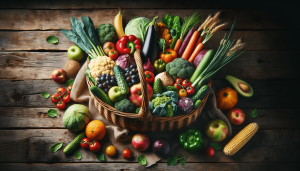In our journey to understand the benefits of organic versus conventional food, we delve into various aspects such as nutritional differences, environmental impacts, and overall health benefits. While many of us might assume organic food is inherently better for us, the reality may be more complex. Let’s explore the evidence and uncover the truths about what we are putting on our plates. Our goal is to provide a comprehensive and balanced look at whether choosing organic truly makes a significant difference in our health and well-being. Have you ever wondered if organic food is actually healthier than conventional food? We know this question has crossed many of our minds as we stroll through the grocery store aisles or browse online food selections. With the growing popularity and higher price tags of organic products, it’s only natural that we ponder their true benefits. So, let’s dive deep into this topic and explore whether spending extra money on organic foods is really worth it.
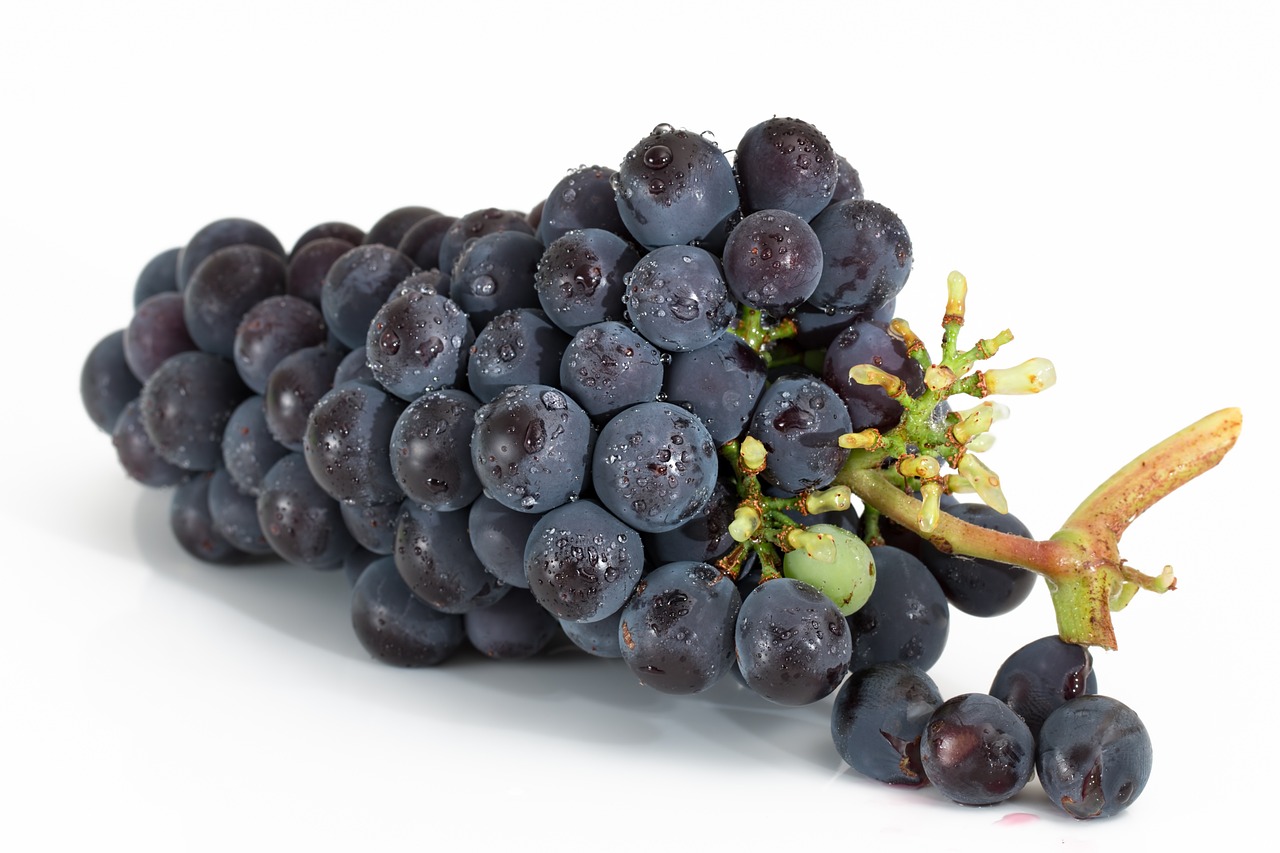
What is Organic Food?
Organic food refers to products grown and processed following specific regulations set by the country’s agriculture department or equivalent authority. These standards primarily focus on the sustainability of farming practices and the absence of synthetic additives.
Standards and Certifications
Organic certification is a guarantee to us that the food we buy meets strict standards that promote environmental health. These standards typically include:
- No synthetic pesticides or fertilizers
- No genetically modified organisms (GMOs)
- Animals must be raised in living conditions that accommodate their natural behaviors
- Processed foods must be free from artificial colors, flavors, or preservatives
Meeting these criteria requires rigorous inspection and approval from certified bodies.
Common Organic Labels
There are different labels we might see on organic products. In the United States, we mainly encounter:
- 100% Organic: All ingredients are organic.
- Organic: At least 95% of ingredients are organic.
- Made with Organic Ingredients: At least 70% of ingredients are organic.
The Nutritional Value of Organic Food
One of the main reasons many of us consider buying organic products is the belief that they are more nutritious than conventional foods. But is this really the case?
Antioxidants and Nutrient Content
Research has shown that organic foods often have higher levels of antioxidants compared to their conventional counterparts. Antioxidants are compounds that protect our cells from damage and are linked to many health benefits.
A Comparative Analysis:
| Nutrient | Organic Foods | Conventional Foods |
|---|---|---|
| Vitamin C | Often Higher | Good but Lower |
| Iron | Better Absorption | Less Absorption |
| Magnesium | Higher Levels | Lower Levels |
| Phosphorus | Comparable | Comparable |
While these differences do exist, the variations are often modest, and the same levels of nutrients can be obtained from a well-balanced diet consisting of conventional foods.
Pesticide Residues
One significant advantage of organic foods is the lower risk of pesticide residues. Pesticides have been linked to various health concerns, such as hormonal disruptions and pesticide poisonings.
Pesticide Levels in Foods:
| Food Type | Organic Foods | Conventional Foods |
|---|---|---|
| Fruits | Minimal Residue | Moderate Residue |
| Vegetables | Minimal Residue | High Residue |
| Grains | Minimal Residue | Moderate Residue |
Impact on Health
Although consuming fewer pesticides is beneficial, comprehensive studies have yet to confirm that switching to an organic diet drastically improves overall health.
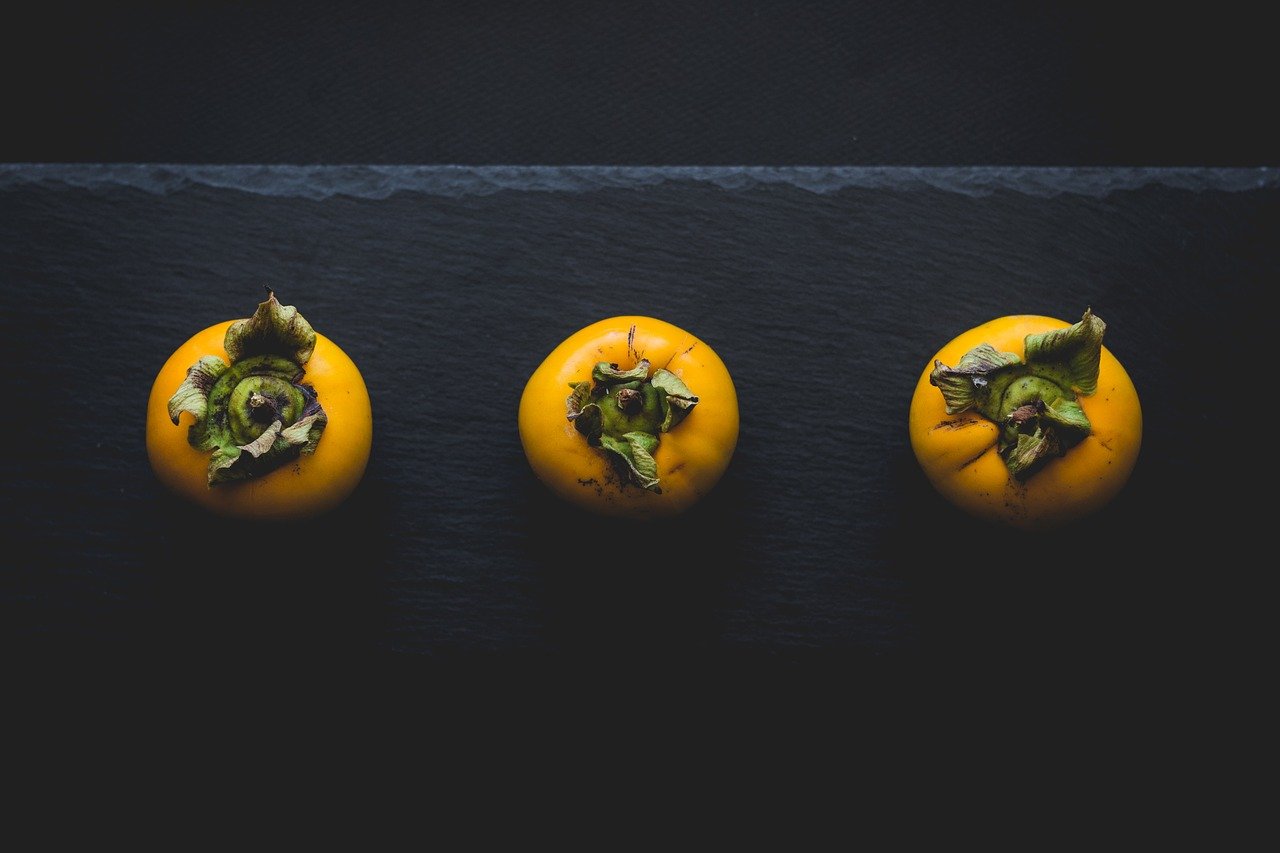
Environmental and Ethical Considerations
While nutritional differences may be somewhat modest, the environmental and ethical impacts of organic farming are areas where organic options truly shine.
Environmental Impact
Organic farming practices are designed to reduce pollution, conserve water, reduce soil erosion, increase soil fertility, and promote biodiversity.
Environmental Comparison:
| Aspect | Organic Farming | Conventional Farming |
|---|---|---|
| Soil Health | Better Soil Quality | Often Depleted |
| Water Usage | Reduced | High Usage |
| Biodiversity | Enhanced | Reduced |
Animal Welfare
Animals raised organically generally live in more humane conditions. Organic standards require that animals have access to the outdoors and are raised on organic feed without the use of antibiotics or growth hormones.
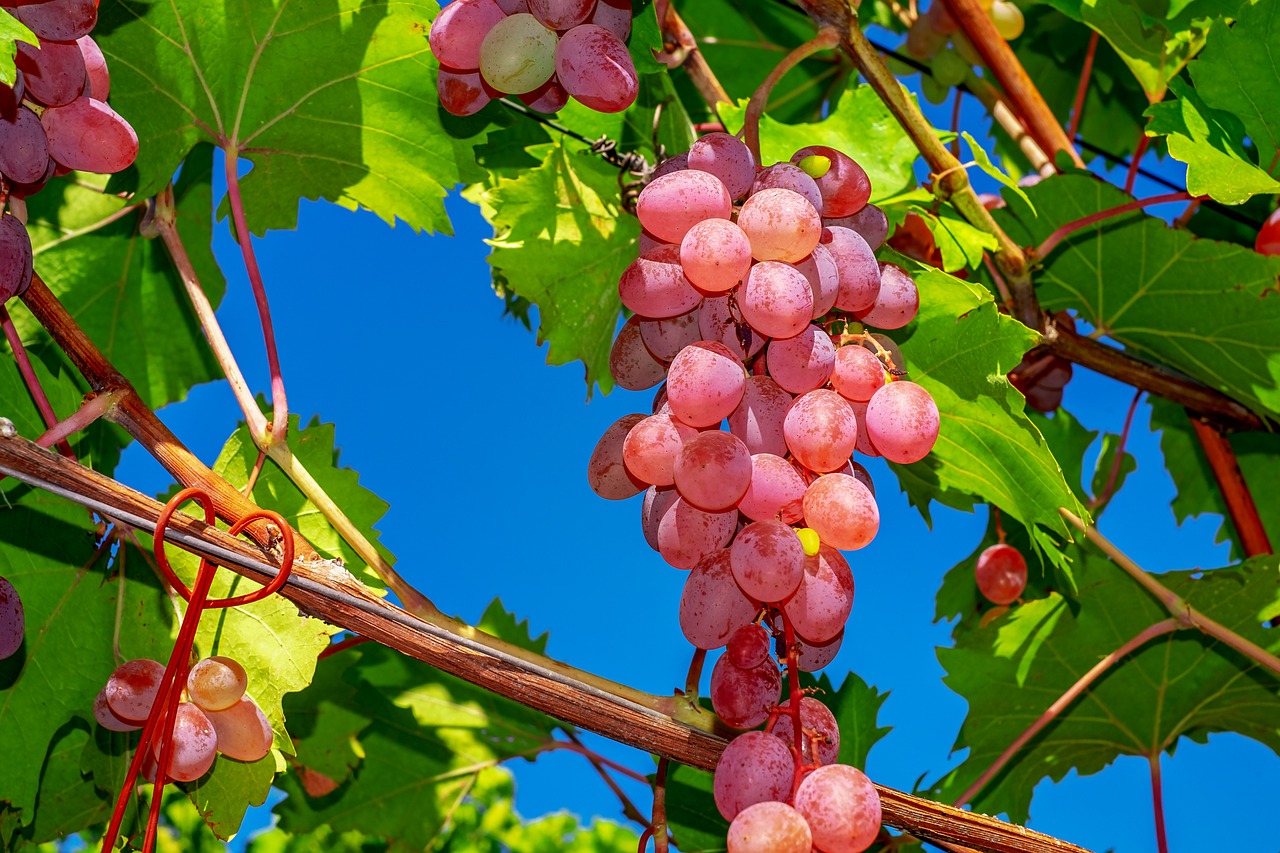
The Cost Factor
We’ve all noticed that organic foods tend to be more expensive than conventional ones. This price difference can be attributed to several factors.
Higher Production Costs
Organic farming tends to require more labor and time, resulting in higher production costs. These include:
- Manual weeding instead of chemical herbicides.
- Crop rotation and diversification to maintain soil health.
- Smaller scale of production compared to conventional farming.
Limited Supply and Growing Demand
As more people opt for organic options, the demand often exceeds supply, leading to higher prices. Additionally, organic farming typically yields less crop per acre compared to conventional methods, further driving up costs.
Price Comparison:
| Food Type | Organic Price (per lb) | Conventional Price (per lb) |
|---|---|---|
| Apples | $2.50 | $1.20 |
| Chicken | $6.00 | $3.00 |
| Milk | $4.00 | $2.00 |
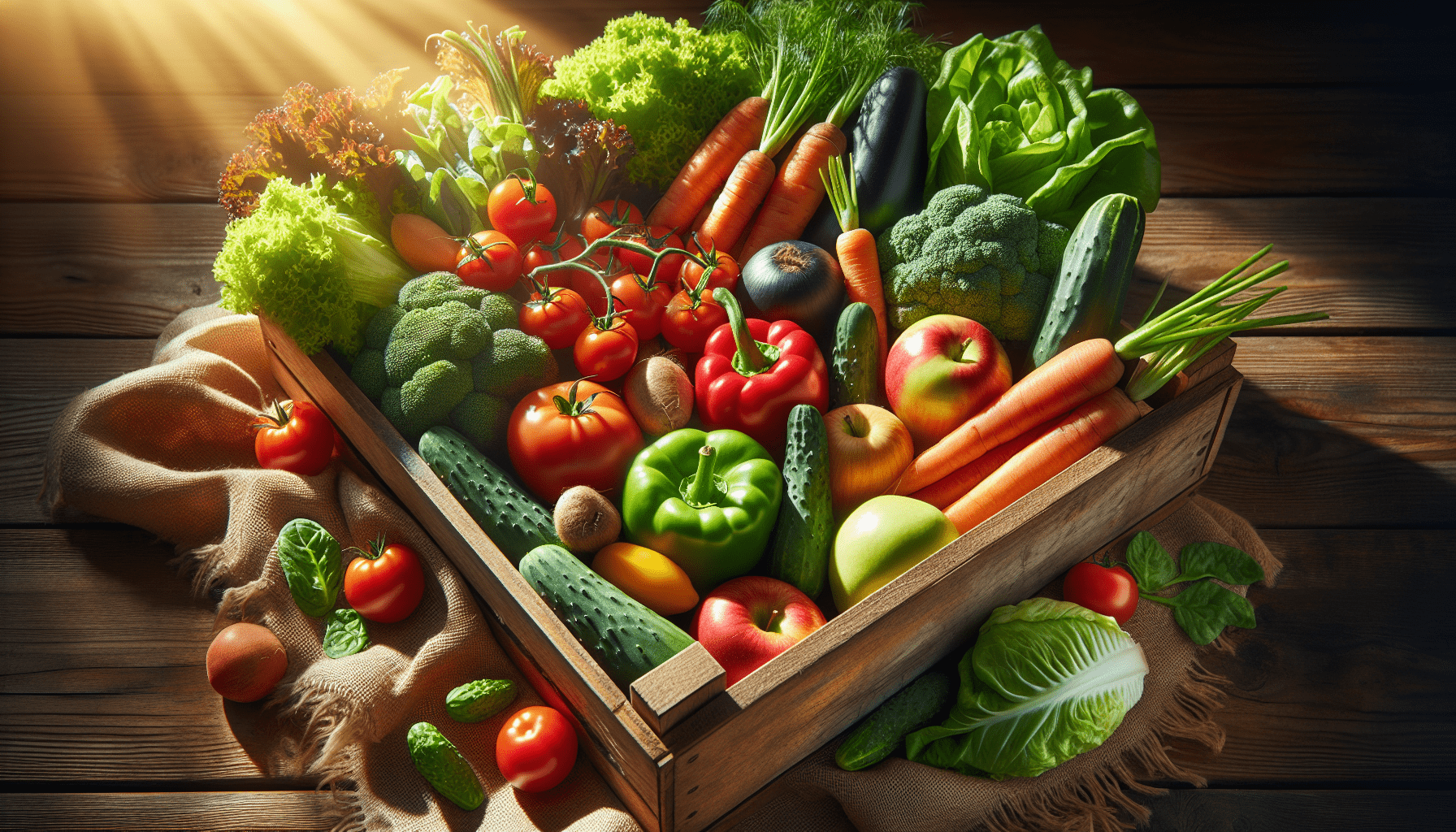
Personal Considerations
Ultimately, the decision of whether to opt for organic or conventional foods is a personal one and can depend on various factors.
Health Concerns
If avoiding pesticides is a primary concern for us, particularly for young children or pregnant women, choosing organic foods could be beneficial.
Budget Constraints
Budget is another significant factor. If the cost is a concern, we can selectively purchase organic foods that are known to have the most pesticide residues when grown conventionally, such as strawberries, spinach, and apples, while buying other foods conventionally.
Taste and Preference
Some of us may prefer the taste of organic foods, though this can be subjective. Taste tests and personal experiences vary greatly from person to person.
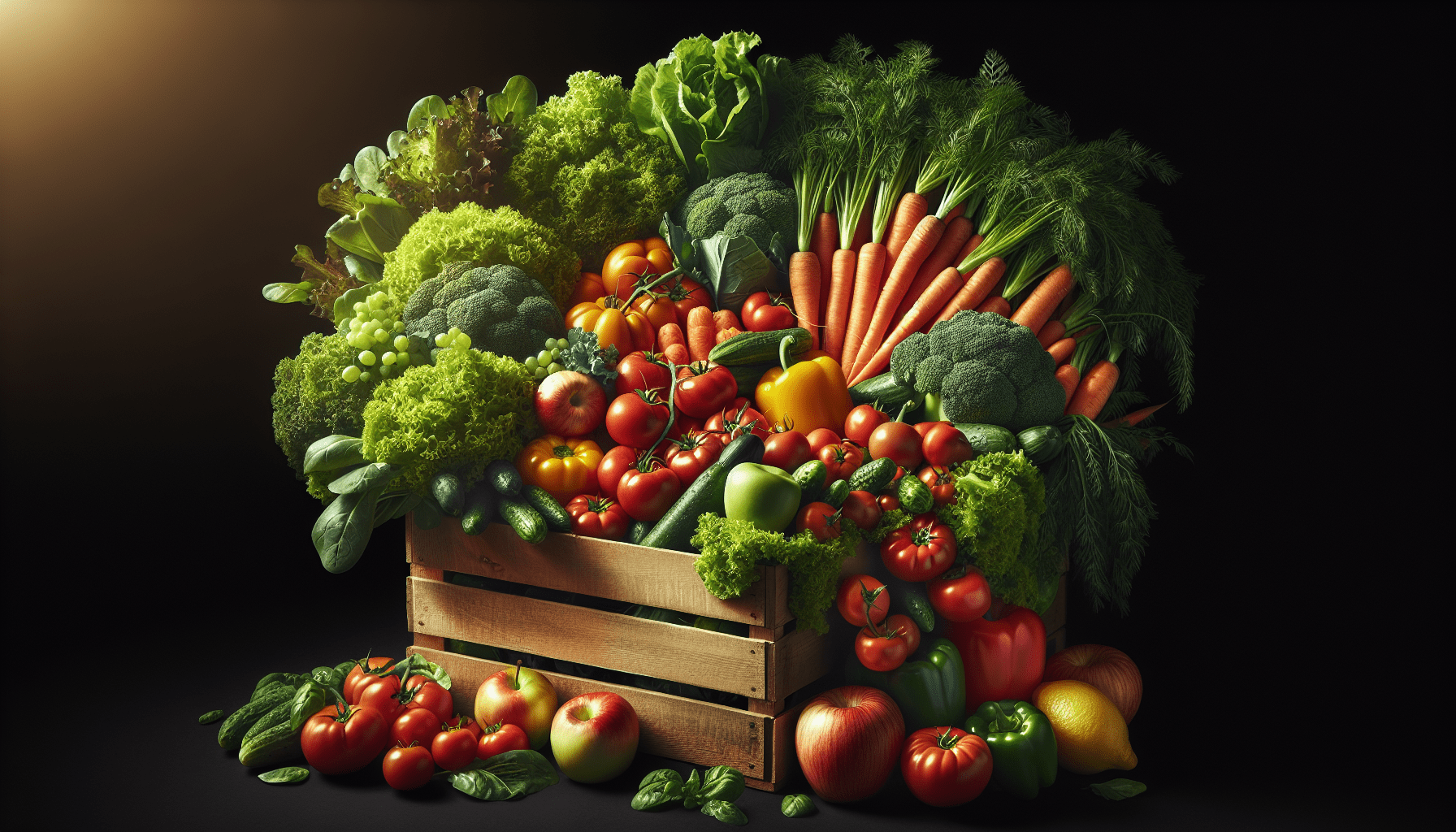
Conclusion: Organic vs. Conventional Food
So, is organic food healthier than conventional food? The answer isn’t black and white. While organic foods do have some nutritional advantages and present a lower risk of pesticide exposure, the direct impact on overall health remains inconclusive.
Key Takeaways:
- Nutritional Value: Organic foods generally have slightly higher levels of certain nutrients and antioxidants.
- Pesticide Exposure: Organic foods tend to have fewer pesticide residues.
- Environmental Impact: Organic farming is typically more sustainable and environmentally friendly.
- Cost: Organic foods are more expensive due to higher production costs and limited supply.
Ultimately, our choice might come down to weighing these factors based on our personal circumstances, health concerns, and ethical considerations. Whatever we decide, staying informed helps us make the best choices for our health and well-being.


